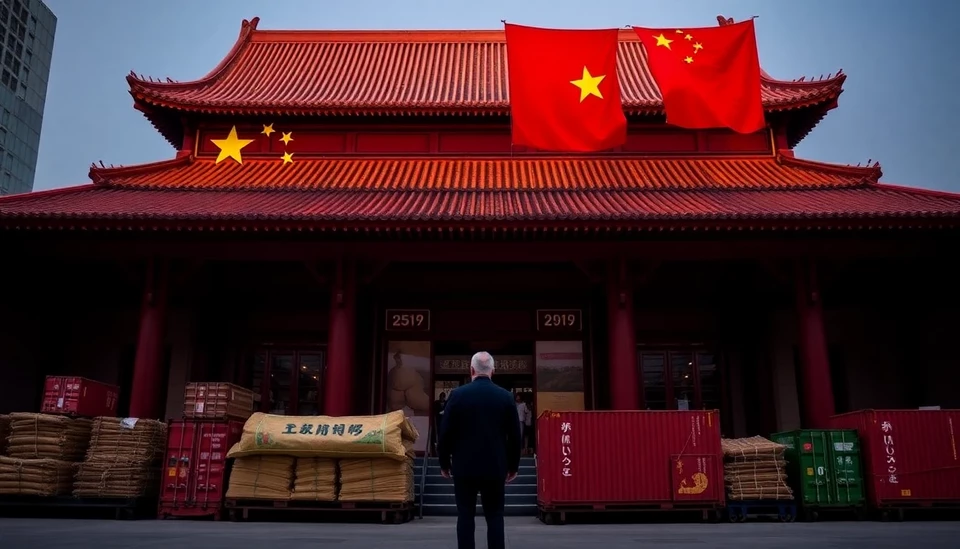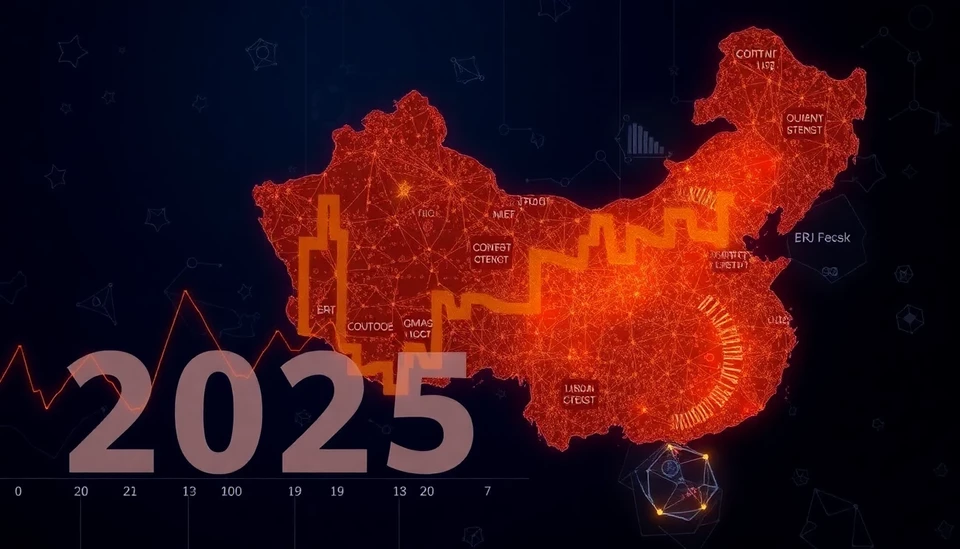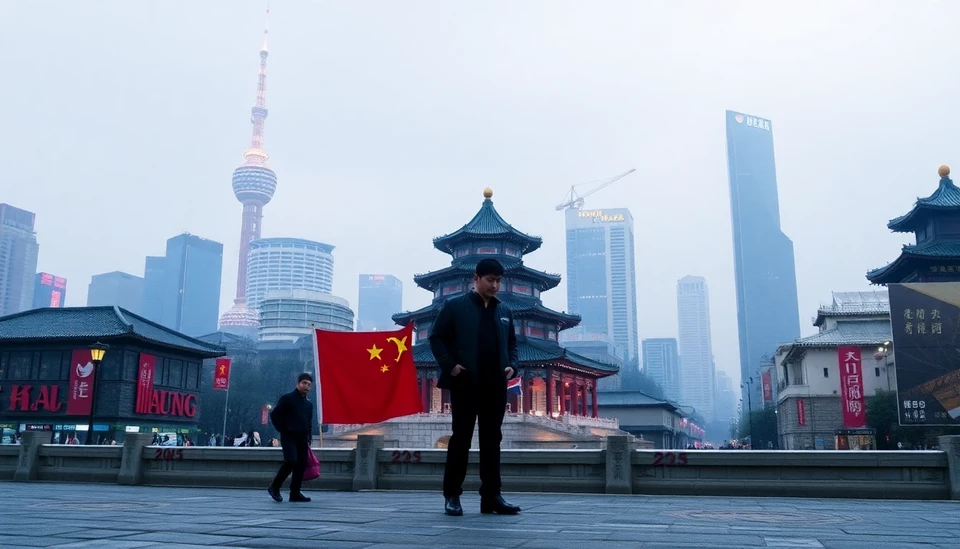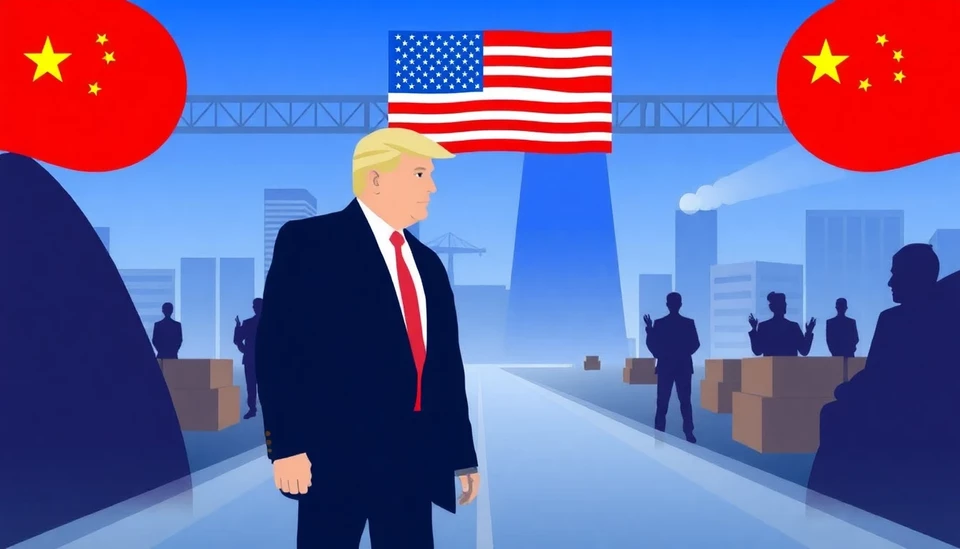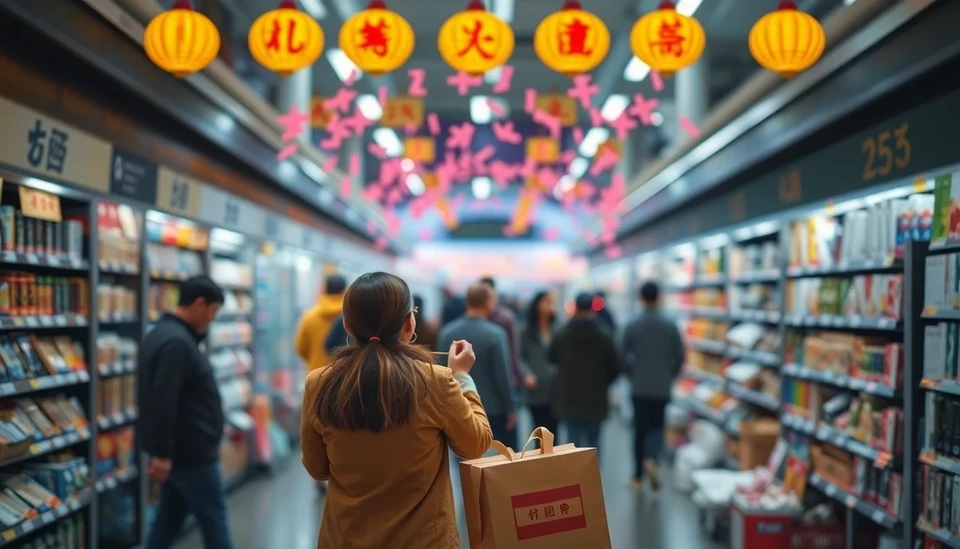
In a strategic move to bolster its struggling consumption sector, the Chinese government has initiated an expansive coupon distribution program aimed at spurring consumer spending. This effort, while providing immediate relief, raises questions about its long-term effectiveness in stimulating economic growth.
As the nation grapples with an economic recovery that has shown signs of stagnation, local governments across China are rolling out vast amounts of digital vouchers designed to encourage residents to spend more. These vouchers can be utilized for a wide array of purchases, ranging from food and beverages to electronics and household items. This initiative is particularly aimed at revitalizing sectors that have been sluggish in the post-pandemic recovery phase.
Analysts have remarked that the timing of this coupon handout is pivotal, especially as consumer confidence has been waning amid rising unemployment and a general slowdown in economic activity. Major cities are taking the lead, with local authorities rolling out initiatives that encompass thousands of subsidies to invigorate shopping districts.
Reports suggest that some of these coupon programs promise to deliver discounts that could reach up to 50%, serving as an enticing opportunity for consumers. The idea is straightforward: by providing immediate financial incentives, the government hopes to see a spike in retail sales and, subsequently, a revival in consumer spending trends.
However, experts remain cautiously optimistic about the long-term impact of such measures. While these coupons may provide a short-term boost to sales figures, there is skepticism regarding whether they can address the underlying issues that have led to tepid consumer spending in the first place. Economists point out that without addressing larger structural problems in the economy, such as declining wages and job security, the positive effects of coupon handouts may be fleeting.
The government’s latest effort follows a series of policies introduced to stimulate growth, including monetary easing and investment incentives. Nonetheless, consumer sentiment continues to be dampened by various factors, including fears of economic instability and uncertainty surrounding job markets. As a result, the overall consumption recovery remains fragile.
In conclusion, while China's grand coupon initiative may offer a temporary band-aid for a suffering economy, its long-term sustainability relies on more robust strategies to uplift consumer confidence and ensure steady economic progression. In the coming months, observers will be closely watching how this unprecedented measure unfolds and its subsequent impact on the nation's economy.
#ChinaEconomy #ConsumerSpending #CouponDistribution #EconomicRecovery #RetailBoost #GovernmentInitiatives #Analysis
Author: Laura Mitchell
